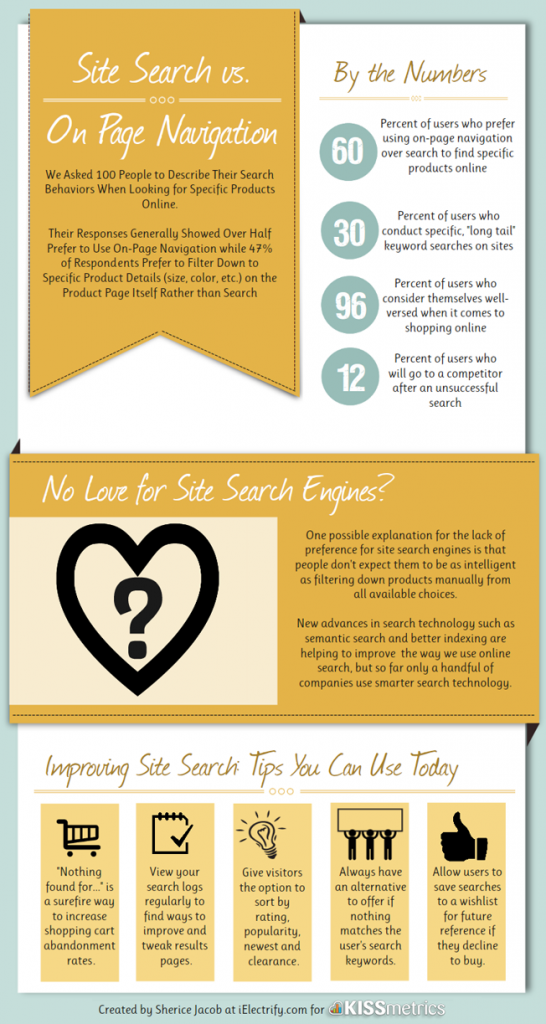Many eCommerce sites are not aware of the importance of a smart product search. A visitor who cannot find what is looking for it’s a user who will probably leave the site immediately. Consumers are impatient. If they don’t see a product within a couple of search attempts, they are likely to return to Google and click on the next best result.
A website that shows search results for more personalized and relevant products will improve their conversion rates and increase the average value of their orders. Most e-commerce platforms include a basic search engine instead of taking advantage of artificial intelligence.
The use of AI implies not only creating a shorter way to buy but one that includes increasing the value of the final sale by recommending products and displaying content that is personalized and relevant to that particular user. Basic search engines and generalization are things of the past.
Using AI for your ecommerce website
Search engines based on artificial intelligence use API. Its implementation is easy, and it doesn’t imply a disruption to the normal flow of activity on any eCommerce page. Why is it essential to have a search engine with these features?
In recent years, consumer search behaviour has begun to change, and sales no longer come solely from search engines like Google, but from direct searches on online retailer sites. This means that you may need to start considering “SEO” and “search for e-commerce” as two different areas to focus on.
Although 96% of online users visit Google every month, and 66% goes to Amazon, those numbers mean very little when it comes to real sales. Only 28% of consumers search on Google before buying on Amazon or any other online retailers.
Personalized search
To guaranty the success of your search results, you can (and should) customize it to a large extent, depending on what your target audience is looking for. People expect their product searches to return filterable options, so sorting by size /colour/ style is no longer enough.
According to a study in Retail Integration Online, sites with a semantic-based search engine have a low rate of 2% on shopping cart abandonment, compared with up to 40% on sites with plain text search. Do not force users to enter a tunnel of limited search results. Allow them to mark, unmark, delete and refine their findings for a perfect search (and, therefore, for higher conversion).









